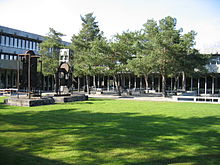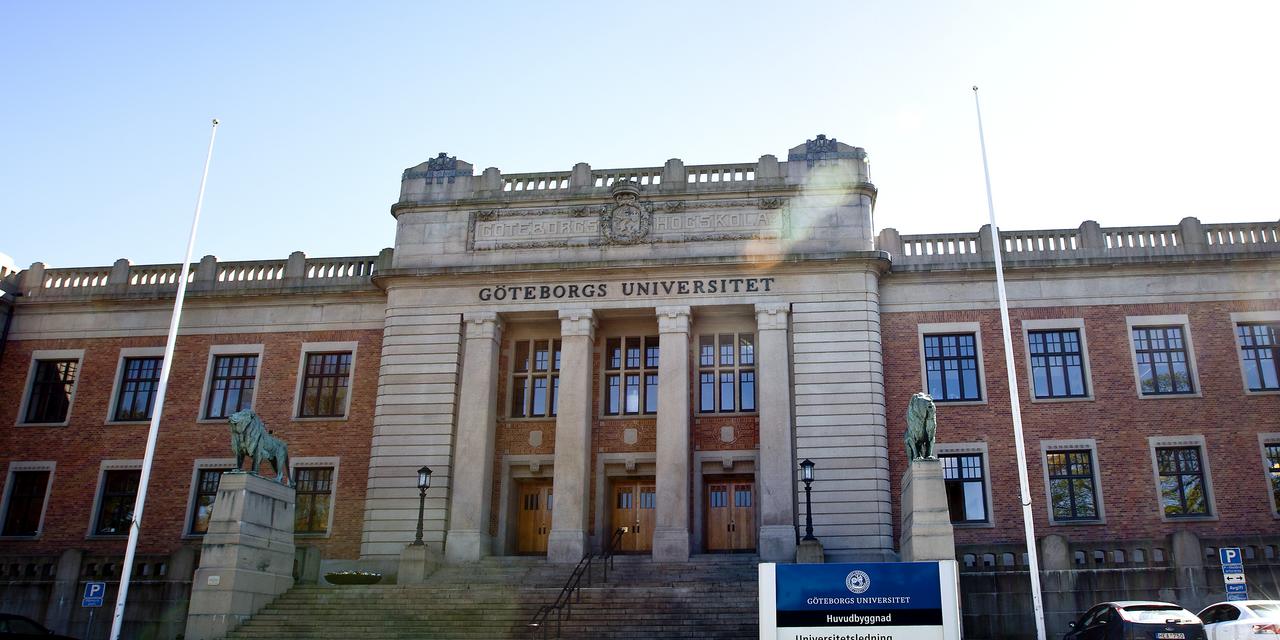Postdoctoral fellows are encouraged to apply for a position at Department of Biotechnology and Biomedicine (DTU Bioengineering) at the Technical University of Denmark placed in the Enzyme and Protein Chemistry group in the section of Protein Chemistry and Enzyme Technology with about 80 staff members. The employment depends on applicant’s expertise and can be for 24 months.
The work is part of a project ‘DSMADE’ (Discovery, Specificity and Mechanism of Alginate Degrading Enzymes) granted by the Independent Research Fund Denmark ! Natural Sciences.
The research will be carried out at DTU Bioengineering, DTU Compute, DTU Biosustain, Norwegian University of Science and Technology (NTNU), University of Barcelona and University of Aix-Marseille involving Bernard Henrissat, Ole Winther, Casper Wilkens, Ditte H. Welner, Carme Rovira, Finn L. Aachmann and Birte Svensson.
Responsibilities and qualifications
Initial focus is on applying bioinformatics and developing deep learning tools to identify candidates primarily of alginate lyases in a wide range of polysaccharide lyase families by exploring biological sequence databases, gene catalogues and bacterial genomes. Identified candidates are then subjected to validation of the predictive tools by determination of three-dimensional structures and biochemical and enzymatic characterization after recombinant production. Further, selected three-dimensional structures of enzyme-oligosaccharide complexes will be subjected to computational analysis of the mechanism of action. Alginate is a marine polysaccharide composed of mannuronate and guluronate residues organized in different block structures. We aim at identifying tools for disclosing the relationship between the fine substrate specificity and the reactions at the activity sites of these diversely evolved enzymes. Additionally we shall investigate structure/function relationships of the enzyme candidates and the synergism between exo-and endo-acting enzymes with different substrate preferences using defined alginates and polyuronic acids as substrates.
The successful candidate will benefit from being part of a multidisciplinary project advancing validated accurate annotation of the function of polyuronic acid degrading enzymes. The partners provide excellent collaborating research environments including state-of-the-art computations and data science, infrastructure and instrumentation. Alongside the DSMADE project related experimental research is pursued on alginate converting enzymes by several of the different partners.
In particular at DTU Bioengineering and NTNU a number of other young scientists work on alginate converting enzymes mostly on biochemical, structural and enzymatic properties.
Finally, even though DSMADE has no formal industrial partner we are well connected with industries working on production of alginates and oligosaccharides derived thereof for various applications in the food and pharma sectors.
As a formal qualification, you must hold a PhD degree (or equivalent) earned no more than 4 years before the deadline for application to this advertisement.
We expect you have a solid background within bioinformatics and protein science and a good understanding of protein and enzyme structure-function relationships.
Experience with several of the below topics will be a special advantage:
- Machine learning
- X-ray crystallography
- Molecular dynamics
- CAZymes
- Carbohydrate chemistry including on polyuronic acids
- Enzyme mechanisms
We expect you are motivated for:
- individual as well as team accomplishments
- working in a multidisciplinary project
- interacting with international research leaders and their research groups
We offer
DTU is a leading technical university globally recognized for the excellence of its research, education, innovation and scientific advice. We offer a rewarding and challenging job in an international environment. We strive for academic excellence in an environment characterized by collegial respect and academic freedom tempered by responsibility.
Salary and terms of employment
The appointment will be based on the collective agreement with the Danish Confederation of Professional Associations. The allowance will be agreed upon with the relevant union. The position will be available from 1 October 2021 or soon thereafter.
The workplace will be at departments located on the DTU main campus in Lyngby, 10 km north of Copenhagen in Denmark with work visits to partners in Trondheim, Barcelona and Marseille.
You can read more about career paths at DTU here.
Further information
Further information may be obtained from Professor Birte Svensson (tel.: +45 4525 2740; bis@bio.dtu.dk), Assistant Professor Casper Wilkens (cwil@dtu.dk) and Professor Bernard Henrissat (behen@dtu.dk) all at DTU Bioengineering.
You can read more about DTU Bioengineering on www.bioengineering.dtu.dk.
If you are applying from abroad, you may find useful information on working in Denmark and at DTU at DTU – Moving to Denmark.
Application procedure
Your complete online application must be submitted no later than 27 August 2021 (Danish time). Applications must be submitted as one PDF file containing all materials to be given consideration. To apply, please open the link "Apply online", fill out the online application form, and attach all your materials in English in one PDF file. The file must include:
- Application (cover letter)
- CV
- Academic Diplomas (MSc/PhD)
- List of publications
- Up to three letters of recommendation
All interested candidates irrespective of age, gender, disability, race, religion or ethnic background are encouraged to apply.
Department of Biotechnology and Biomedicine (DTU Bioengineering) is an international leader in biotechnology and biomedicine. Our engineering approach to all aspects of biotechnology and biomedicine positions us as a valuable player with unique competences in a growing bio-based economy and with health systems transforming towards personalized medicine. We have a clear focus on the needs in the life science industry and point towards innovation, new businesses and scientific services for the benefit of society. The department has extensive collaborations with national and international research units and industry. DTU Bioengineering has approx. 220 employees, of which 2/3 is scientific staff. The department is located at DTU Lyngby Campus.
Technology for people
DTU develops technology for people. With our international elite research and study programmes, we are helping to create a better world and to solve the global challenges formulated in the UN’s 17 Sustainable Development Goals. Hans Christian Ørsted founded DTU in 1829 with a clear vision to develop and create value using science and engineering to benefit society. That vision lives on today. DTU has 12,900 students and 6,000 employees. We work in an international atmosphere and have an inclusive, evolving, and informal working environment. DTU has campuses in all parts of Denmark and in Greenland, and we collaborate with the best universities around the world.
Apply for this job
Apply no later than 27 August 2021
Apply for the job at DTU Bioengineering by completing the following form.




